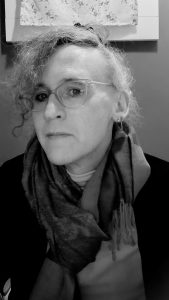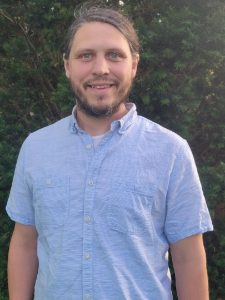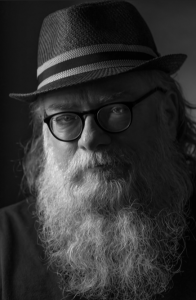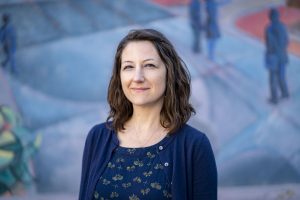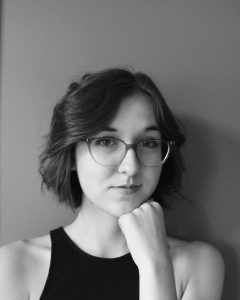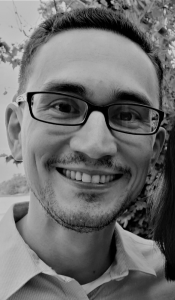
My brother looks me in the eye when we
talk – always. Even driving through Philly
at rush hour after the airport. He drives
with his left knee, both hands going up
with questions, out for emphasis, pointing
at landmarks – like the cheesesteak
place we passed at 70 miles an hour,
the c and the e in the neon sign dark
because, bullets. He plays drums at Temple
and works with street kids and stuffs himself
with all the life he can find. The sketchier,
the better, he says. He’s still going on about
cheesesteaks, wants me to know how good
food works. If you’re not running scared
to the counter and back to your car, you’re
eating average at best. I’ll take my chances.
I’m not here forever. Have you called mom?
He means he won’t live in Philly for long
but suddenly my stomach feels him gone,
sees my own hands white knuckling
the wheel, turning down the safest streets
with a broken heart and a hungry mouth
that wants another hundred miles of American
cheese and sautéed onions, driving so fast
you’d think God was tapping his foot, talking
about everything out loud as if our lives
depended on it, because they did.
Stacey Forbes is the author of Little Thistles, a poetry chapbook published by Finishing Line Press as the winner of their 2023 New Women’s Voices competition. Stacey’s work appears in some of the publications she loves, including Beloit Poetry Journal, New Ohio Review, Terrain.org, and Split Rock Review. Born in Pennsylvania, Stacey now lives and writes in Tucson, Arizona.

